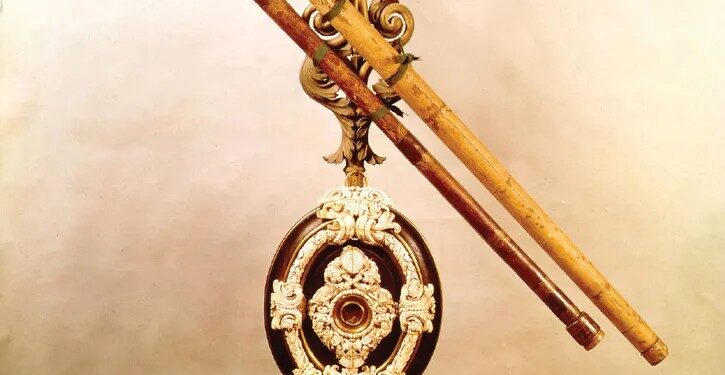Galileo Galilei, an Italian astronomer, physicist, and polymath, is widely regarded as one of the most influential figures in the history of science. Born on February 15, 1564, in Pisa, Galileo’s contributions to astronomy and physics revolutionized our understanding of the cosmos and laid the foundation for the scientific method.
Galileo’s most notable achievement was his use of the telescope to observe the heavens. In 1609, he heard about the invention of the telescope in the Netherlands and, within a few days, constructed his own version. This device, though rudimentary by today’s standards, allowed him to make groundbreaking astronomical observations. Galileo’s telescopic observations provided evidence that supported the heliocentric model proposed by Copernicus, challenging the prevailing geocentric view that the Earth was at the center of the universe.
Among his many discoveries, Galileo observed the phases of Venus, the moons of Jupiter, and the rings of Saturn, although he initially mistook the latter for handles on the planet. These observations provided compelling evidence for the heliocentric model, reinforcing the idea that celestial bodies did not all orbit the Earth.
Galileo’s support for the heliocentric model, however, brought him into conflict with the Catholic Church. In 1616, the Church declared heliocentrism heretical, as it contradicted the geocentric view supported by the Church’s interpretation of the Bible. Despite warnings, Galileo continued his work, and in 1632, he published “Dialogue Concerning the Two Chief World Systems,” which defended the heliocentric model. This led to his trial by the Roman Catholic Inquisition in 1633, where he was found guilty of heresy and forced to recant his views.
While Galileo’s later years were marked by house arrest and restrictions on his work, his contributions endured and left an indelible mark on the scientific community. His emphasis on empirical observation and experimentation laid the groundwork for the scientific method, which remains a cornerstone of scientific inquiry today.
Galileo’s legacy extends beyond astronomy. His work in physics laid the groundwork for Newtonian mechanics, and his contributions to the scientific method paved the way for the Scientific Revolution of the 17th century. Despite the challenges he faced, Galileo’s courage in pursuing scientific truth against societal and religious opposition has made him a symbol of scientific inquiry and intellectual courage.
In conclusion, Galileo Galilei’s impact on the scientific world is immeasurable. His telescopic observations, support for the heliocentric model, and advocacy for empirical inquiry set the stage for the scientific advancements that followed. Galileo’s life and work embody the spirit of scientific curiosity and perseverance, earning him the title of the Father of Modern Science.
newshub




Recent Comments